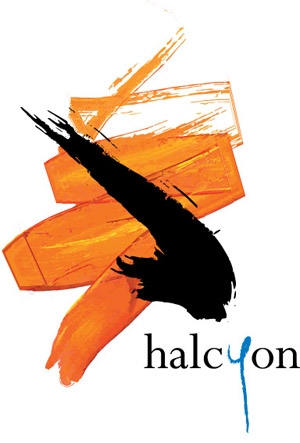SIRENS
St John's Southgate, Melbourne
The Age, September 2005
Reviewer Clive O'Connell
Sirens: New Music for Voices and Instruments
Sydney's the Halcyon ensemble is a female vocal quartet specialising in the new and the arcane. The group's two sopranos and two mezzos collaborated with the Sydney Symphony Orchestra's principal keyboard player, Josephine Allan, a local string quartet led by Miwako Abe, and the VCA's head of percussion, Peter Neville in a program featuring three motets by British composer Michael Finnissy, one of Ross Edwards' Maninyas , a soporific piece by New Zealander Ross Harris, a short work by Japanese composer Somei Satoh, and the world premiere of Five Senses by Australian composer Graham Hair.
We have nothing comparable to Halcyon in Melbourne and the group's singing proved remarkable for its urgent drive, self-motivation (no conductor) and sense of one unit emerging from four distinct vocal colours. The Finnissy motets for solo voice and one string line proved very little - ornate chants over an instrumental drone for much of their length. The Harris work, titled Sleep, O Beloved , induced you to follow directions because of its hieratic, block-like choral movement reinforced by Neville's gentle doubling vibraphone.
Pick of the program was the Hair work, a setting of poems by Malouf, McAuley and the famous Judith Wright lyric that gave the work its title. Here the four voices were put to brilliant use, notably in the colourful word-painting of Malouf's Harmonice Mundi, and then a series of evocative solos for soprano Alison Morgan in To the Holy Spirit by Tasmania's noted Catholic poet.
But for an ideal illustration of Hair's insight into setting texts, the Wright poem proved the most engaging and gripping. The voices moved together and apart with masterly variety, the text given its due and remaining clear even in verbally complex passages, the accompanying string quartet shimmering with excitement and providing a vivid commentary on the verbal content, separate but equal with the Halcyon voices and having the last say in a postlude of unabashed euphony and humanity: a most moving work, that we could easily have heard again.

